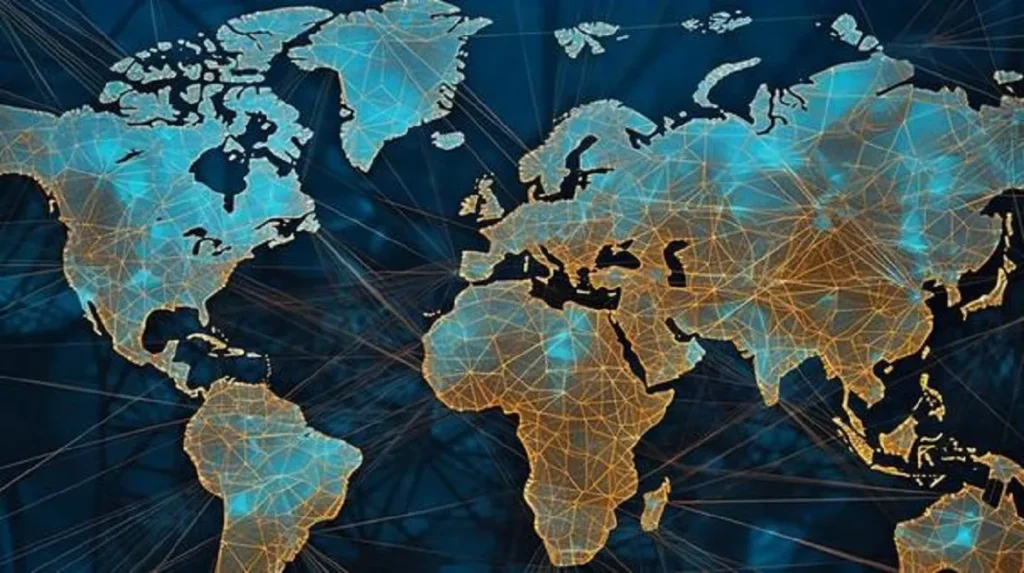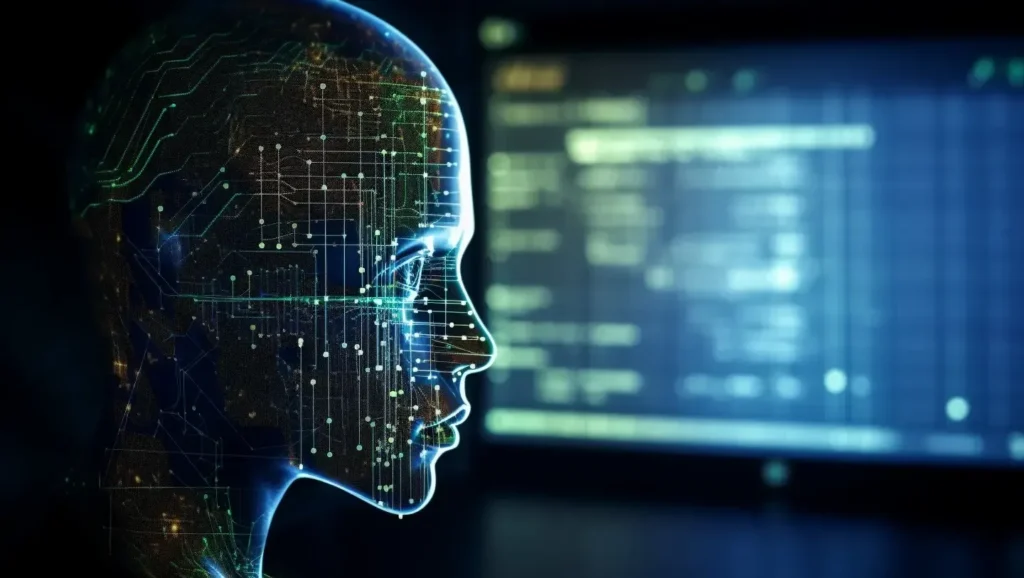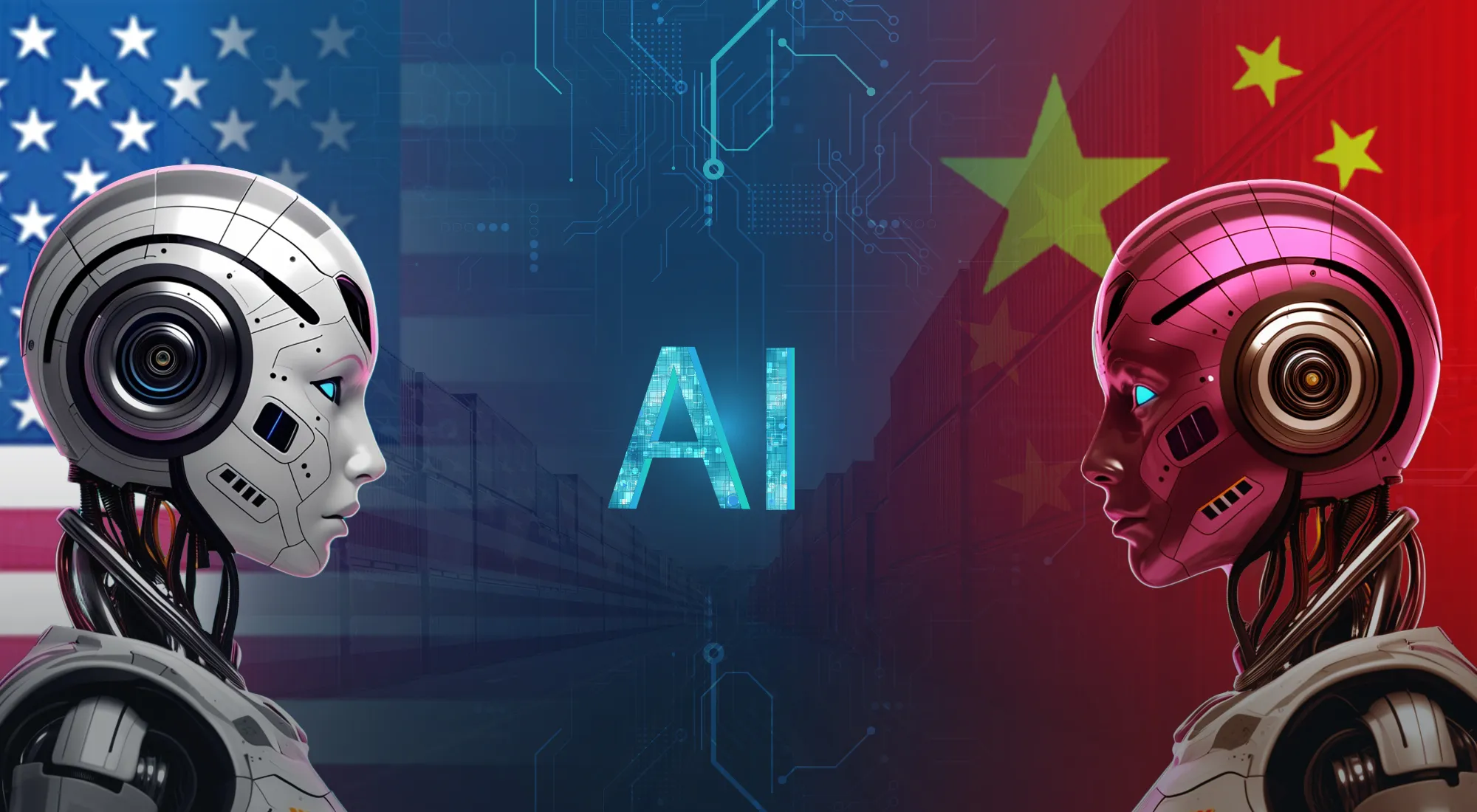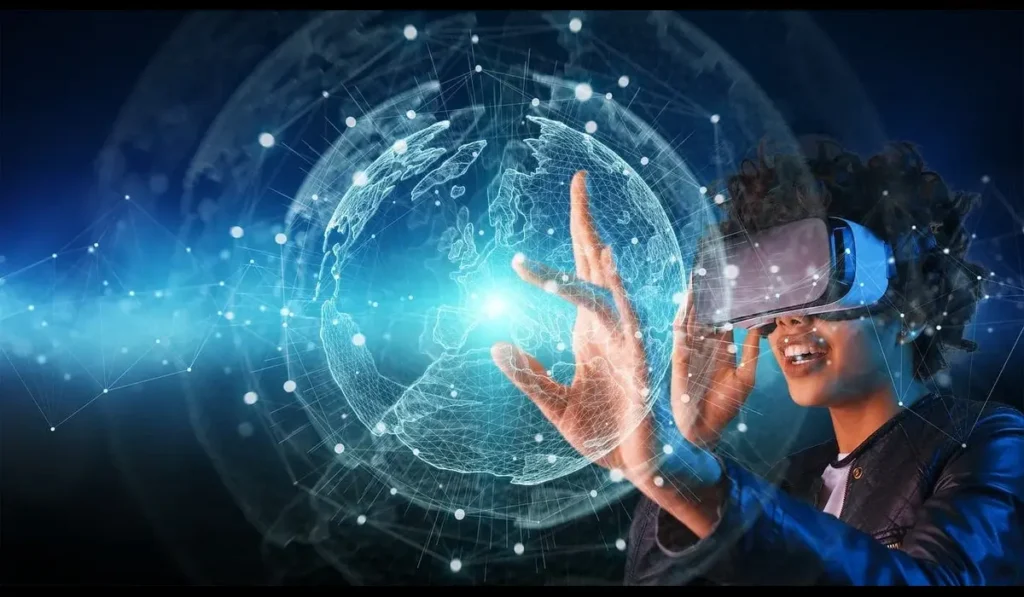Artificial Intelligence (AI) has evolved from a futuristic catchphrase to a defining factor in the balance of power in the world. As governments and corporations race to harness its capabilities, AI is rewriting the rules of diplomacy, surveillance, warfare, governance, and influence. From algorithm-driven foreign policy to autonomous defense systems and deepfake diplomacy, technology is rapidly transforming how nations assert power on the global stage.
At the intersection of data, algorithms, and sovereignty, AI is emerging as a strategic tool that reshapes everything from national security to election outcomes. In a multipolar world, the nation that masters AI may not just win economically, but also politically, ideologically, and militarily.
The Geopolitical Stakes of AI Supremacy
AI has become the new oil—only more powerful, scalable, and borderless. Global superpowers such as the United States, China, and Russia are investing billions into AI research, data infrastructure, and defense applications, all with a singular goal: dominance.
1. Strategic National Interest
Countries are now embedding AI into their national security strategies. The logic is clear: whoever leads in AI will lead in intelligence gathering, cyber-defense, surveillance, and military automation. AI is not just a technology—it’s a weapon of influence and control.
2. The US-China AI Arms Race
China’s ambition to lead global AI by 2030 has sparked a fierce tech rivalry with the United States. The competition spans semiconductors, data access, quantum computing, and talent acquisition. This isn’t just economic rivalry—it’s a battle for digital dominance that will define the next century’s political order.

AI in Warfare and National Defense
AI has revolutionized the concept of warfare. Beyond nuclear arsenals or boots on the ground, the next war may be fought through code, automation, and machine learning.
1. Autonomous Weapons Systems
Nations are testing autonomous drones, unmanned submarines, and AI-driven threat analysis systems. These tools reduce human risk, react faster than manual commands, and may soon operate independently in combat, raising ethical and political questions about accountability and escalation.
2. Cyber Warfare and AI Defense
AI enhances both offensive and defensive cyber capabilities. Predictive algorithms can detect attacks before they occur, while adversaries use AI to simulate zero-day vulnerabilities and deepfake propaganda.
The future battlefield is not only physical but also algorithmic, fought through firewalls, misinformation, and code.
AI and Political Influence: The Rise of Algorithmic Propaganda
AI’s influence over information flows is redefining how political narratives are shaped, amplified, and controlled.
1. Election Manipulation
Machine learning tools can analyze voter behavior and microtarget audiences with personalized political ads. While this offers marketing precision, it also opens the door to manipulation, disinformation, and election interference.
AI-powered bots and trolls can distort public opinion, suppress dissent, or promote ideologies—all while mimicking human behavior online.
2. Deepfakes and Diplomatic Risks
Deepfake technology can generate realistic but fake videos of political leaders. These can be weaponized to undermine trust, provoke conflict, or sway global opinion. In a world where seeing is no longer believing, diplomacy faces a major credibility crisis.

AI in Global Governance and Policy Formation
Global institutions, once slow-moving bureaucracies, are beginning to integrate AI to improve efficiency, transparency, and decision-making.
1. Policy Automation and Prediction
Governments use AI for predictive policy-making, analyzing vast datasets to forecast migration trends, pandemic spread, and economic instability. This allows preemptive action, faster responses, and improved resource allocation.
2. Smart Governance
AI enables automation in government services—from issuing permits to detecting tax fraud. In authoritarian regimes, this technology also becomes a surveillance tool, tightening control over citizens under the guise of efficiency.
Related Blog: US 2025 Midterms: Global Political Impact Unfolds
Surveillance States and AI-Enabled Authoritarianism
AI has become a double-edged sword: while it enhances safety and efficiency, it also strengthens digital authoritarianism.
1. Mass Surveillance and Social Scoring
China’s social credit system uses AI to monitor behavior and assign scores to citizens based on compliance. Facial recognition, behavioral tracking, and digital payments all feed into a system that rewards or punishes in real time.
Such systems are being explored in various forms globally, raising concerns about freedom, privacy, and digital rights.
2. Exporting AI Authoritarianism
Authoritarian governments are now exporting AI-powered surveillance tools to other nations, especially in the developing world. This exportation of digital control technologies reshapes global alliances and weakens democratic norms.
The Fragmentation of the Global Internet
AI also plays a key role in the splintering of the internet into ideologically aligned zones. We now see:
- The Open Web is led by Western democracies
- The Sovereign Internet as seen in Russia and China
- Hybrid Firewalls are emerging in Middle Eastern and African states
This “Digital Iron Curtain” fragments global communication and creates spheres of political and cultural influence, all filtered through AI-powered algorithms that decide what information citizens receive.
AI, Global Trade, and Economic Leverage
Beyond military and political arenas, AI is shaping trade deals, resource control, and supply chain dependencies.
1. Tech Sanctions as Political Tools
The U.S. and its allies have imposed restrictions on the export of advanced AI chips and software to geopolitical rivals. These sanctions act as digital chokepoints, curbing development and exerting political pressure without boots on the ground.
2. AI in Trade and Logistics
AI-driven logistics platforms enhance efficiency in supply chains, affecting global trade balances. Nations with AI-optimized trade infrastructure gain leverage in global negotiations, especially in energy, food, and technology markets.
The Ethical and Legal Void
One of the most concerning aspects of AI’s rise in geopolitics is the absence of universal regulations.
- Who is responsible if an AI weapon commits war crimes?
- Can deepfake content trigger diplomatic collapse?
- Should international law address algorithmic discrimination or surveillance?
Without agreed-upon frameworks, AI could become a chaotic force with no moral boundaries. Global forums are just beginning to discuss AI ethics, but progress is slow, and geopolitical rivalries often block consensus.
The Role of the Private Sector in Political AI
Tech giants like Google, Amazon, Baidu, and OpenAI hold immense influence in the global AI landscape. In many cases, corporate labs are ahead of governments in AI development.
This creates a dilemma:
- Should governments regulate tech companies as national security assets?
- Should private labs be involved in military research?
- How do we ensure tech monopolies don’t become geopolitical actors themselves?
The convergence of corporate power, national interest, and artificial intelligence is already changing the way nations approach diplomacy and sovereignty.
A Shift Toward AI Diplomacy
To manage global tensions, nations are beginning to explore AI diplomacy—a new category of international relations focused on technological ethics, collaboration, and competition.
- AI treaties may soon resemble nuclear non-proliferation agreements
- Multilateral AI alliances could form to counter authoritarian tech regimes
- Cross-border ethics councils may establish rules for the military use of AI
However, for diplomacy to succeed, transparency, accountability, and shared values must take precedence over national interests—an uphill battle in a fractured world.
Conclusion: A New Axis of Power
Artificial Intelligence is not a side topic in global politics—it is the new axis of power. Just as the 20th century was defined by oil, nukes, and industrialization, the 21st will be shaped by data, algorithms, and machine autonomy.
Whether AI leads humanity into a golden age of cooperation or a darker age of authoritarianism depends on the decisions made today. Governments, corporations, and civil societies must work together to ensure that this revolutionary technology enhances human dignity rather than erodes it.
In this era, power no longer lies solely in armies or borders—it lies in who controls the code.




